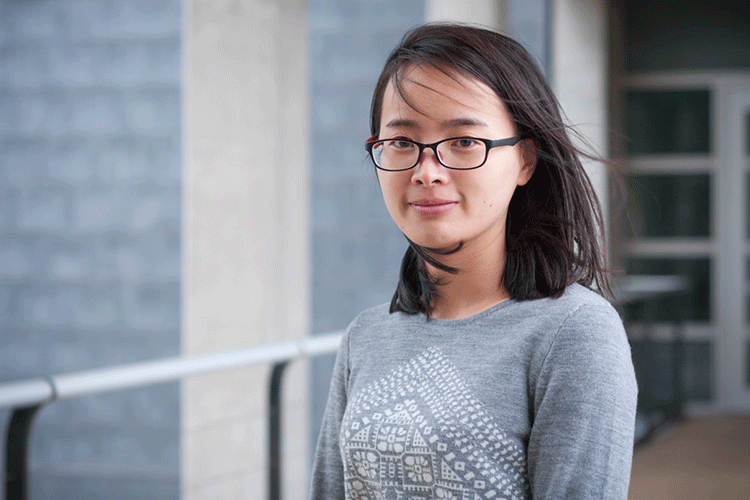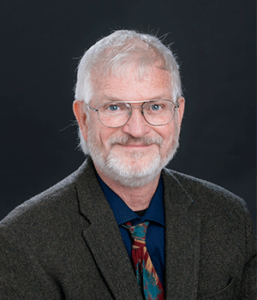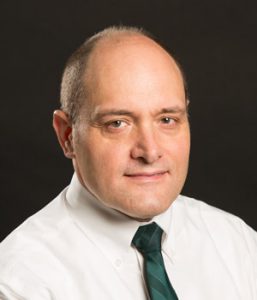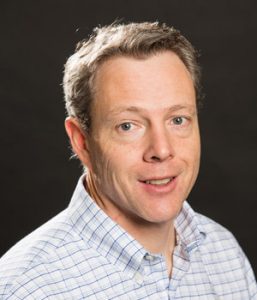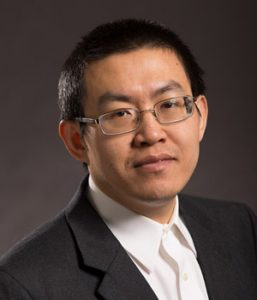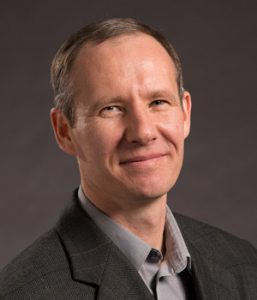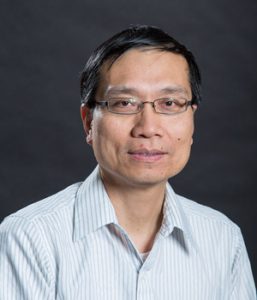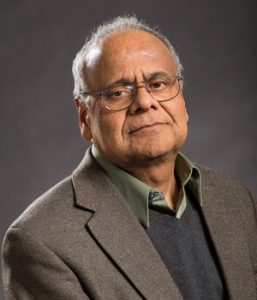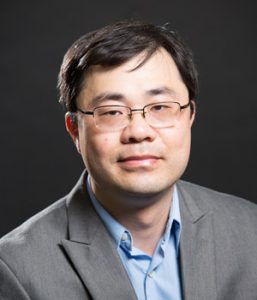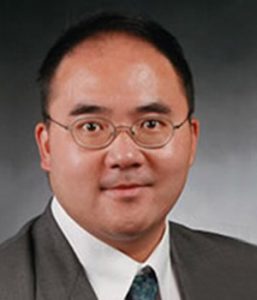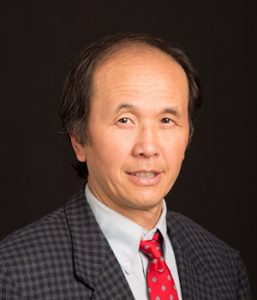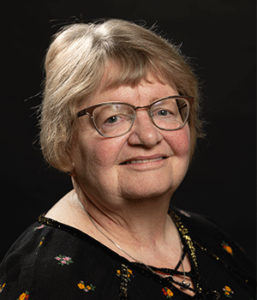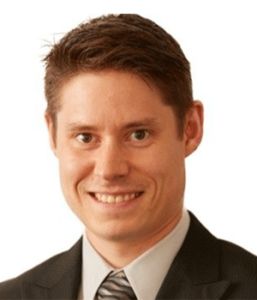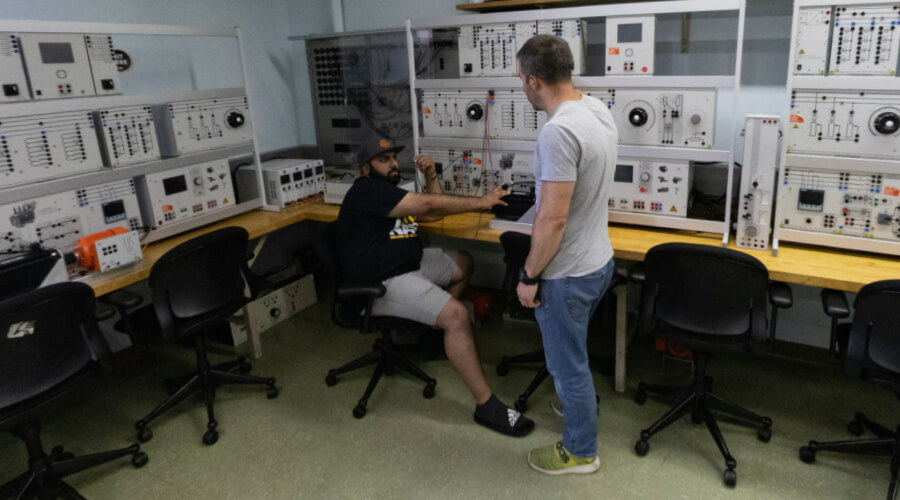Engineering MS: Electrical and Computer Engineering MS
UWM is one of Wisconsin’s two R1 research universities making it the ideal place to participate in important research and to further your studies in electrical and computer engineering. The Master of Science (MS) is a college-wide program where you can gain the technical depth and breadth you need.
This MS program enables students to take a deep dive into electrical engineering and choose from seven broad areas where our faculty are engaged in research: Automatic Control, Communications, Networking, Signal & Image Processing, Fields and Optics, Machine Intelligence, Microelectronics & Nanotechnology, and Power Electronics and Renewable Energy Systems.
Program Type
Master’s
Program Format
On Campus
Meet Meiling He
Meet Meiling He, ’15 MS electrical engineering, who has already earned her first industrial patent and has another in the works as a Data Engineer at Rockwell Automation, her first job out of college.
Rockwell Automation recently featured her work on machine learning, scheduling optimization, signal processing, simulation, programming, team building and leadership – all while she earns her PhD in electrical engineering at UWM.
What to Expect
The MS in Electrical & Computer Engineering at UWM is intentionally unstructured in order to allow students to customize the degree to their specific objectives and interests. This MS is designed for both working professionals and aspiring researchers so most lectures are held in the evening to allow for dual commitments. Students may choose either a thesis option or a non-thesis option depending on their career goals. See the academic catalog for specific requirements.
Earning an MS expands your earning potential and boosts your credibility in the field leading to more opportunity. Students who pursue graduate study at UWM have many options to achieve their specific goals. Students can focus on a particular concentrated area of study, or a combination. If you want to gain insight into a specific area of study, you might choose a Certificate Program (hyperlink to certificate card) comprised of five graduate-level courses in one area. Master’s degrees require ten graduate-level courses, so some students combine two certificates to earn an MS and others pursue an MS at one time.
An MS from UWM is a smart investment in your future. Nearly all of our graduates (93%) complete highly paid internships or Co-ops during their time with us, and 91% land a job or commit to PhD programs before graduation.
Many students choose to incorporate Teaching Assistantships (TAs) or Research Assistantships (RAs) during their graduate study which helps to fund their education while also building leadership skills. Assistantship decisions are made by the academic departments only after an applicant has been accepted into the program.
More Information
Contact the College of Engineering & Applied Science Graduate Programs Office.
We’re a top tier R1 research university and our students have the opportunity to earn their MS by working with faculty engaged in cutting-edge research in areas such as:
- Electronics
- Machine Learning and Artificial intelligence
- Nanoelectronics
- Photonics and Sensors
- Power Electronics, Battery Energy Storage and Cybersecurity
- Signal Processing, Auditory Signal Processing
- Smart Grid systems
As an R1 research institution, research is integral to our work at UWM and to the experience of students pursuing graduate degrees. Our college has a wide range of faculty-led labs that perform cutting edge research. Please see the Faculty tab to the right for the specific research interests and labs of each electrical engineering faculty member. For a full list of our college’s research labs, centers and institutes, click here.
Faculty
- Professor, Mechanical Engineering
- bsra@uwm.edu
- 414-229-6916
- Engineering & Mathematical Sciences 990B
- Richard and Joanne Grigg Professorship
- Associate Professor, Electrical Engineering and Computer Science
- Director, Center for Sustainable Electrical Energy Systems (SEES)
- Site Director, Center for GRid-Connected Power Electronic Systems (GRAPES)
- cuzner@uwm.edu
- 414-251-6147
- University Services and Research 201M
- Associate Professor, Electrical Engineering
- Department Chair, Electrical Engineering
- Associate Professor, Computer Science
- huy@uwm.edu
- 414-251-8830
- Engineering & Mathematical Sciences 1185
- Professor, Materials Science and Engineering
- nkouklin@uwm.edu
- 414-229-4679
- Engineering and Mathematical Sciences 1287
- Associate Professor, Electrical Engineering
- Associate Professor, Computer Science
- lawc@uwm.edu
- 414-229-6203
- Engineering and Mathematical Sciences 1219
- Professor, Biomedical Engineering
- Department Chair, Biomedical Engineering
- Professor, Electrical Engineering
- misra@uwm.edu
- 414-229-3327
- Engineering and Mathematical Sciences E-314
- Richard and Joanne Grigg Faculty Fellowship
- Professor, Electrical Engineering
- Professor, Computer Science
- wang289@uwm.edu
- 414-251-7477
- Engineering & Mathematical Sciences 1277
- Associate Professor, Electrical Engineering
- Associate Professor, Computer Science
- wwang@uwm.edu
- 414-229-2247
- Engineering & Mathematical Sciences 1285
- Professor, Electrical Engineering
- Professor, Computer Science
- junzhang@uwm.edu
- 414-229-4246
- Engineering & Mathematical Sciences 1207
Advising
- Advisor, Graduate Programs
- Computer Science, Electrical Engineering, Biomedical Health Informatics
- crary@uwm.edu
- 414-229-7267
- Engineering & Mathematical Sciences E379
- Advisor, Graduate Programs
- Civil/Environmental Engineering, Mechanical Engineering, Biomedical Engineering, Industrial/Manufacturing Engineering, Materials Science & Engineering
- rpackard@uwm.edu
- 414-251-8543
- Engineering & Mathematical Sciences E379
UWM is proud to be one of only two R1 research universities in Wisconsin. We’re also a top externally funded institution with robust opportunities for teaching and research assistantships. Partners that support our important research include:
- National Institute for Health (NIH)
- National Science Foundation (NSF)
- North Atlantic Treaty Organization (NATO)
- Regional and national businesses
- United States Air Force

